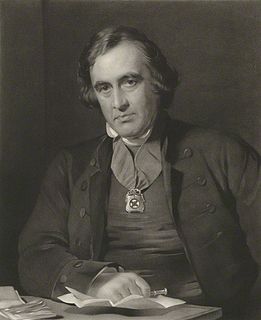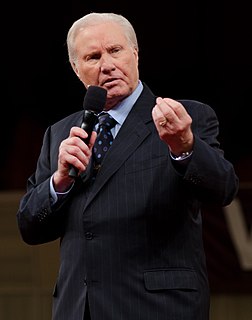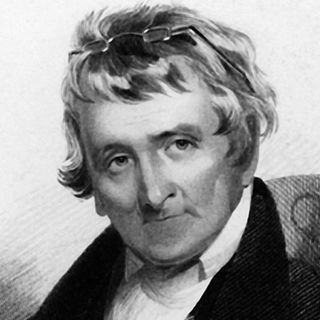A Quote by Juana Inés de la Cruz
O who is more to blame: He who sins for pay - Or he who pays for sin?
Related Quotes
Little sins carry with them but little temptations to sin, and then a man shews most viciousness and unkindness, when he sins on a little temptation. It is devilish to sin without a temptation; it is little less than devilish to sin on a little occasion. The less the temptation is to sin, the greater is that sin.
We are saved from nothing if we are not saved from sin. Little sins are pioneers of hell. The backslider begins with what he foolishly considers trifling with little sins. There are no little sins. There was a time when all the evil that has existed in the world was comprehended in one sinful thought of our first parent; and all the now evil is the numerous and horrid progeny of one little sin.
I do not plan in any way to whitewash my sin. I do not call it a mistake, a mendacity; I call it sin. I would much rather, if possible - and in my estimation it would not be possible - to make it worse than less than it actually is. I have no one but myself to blame. I do not lay the fault or the blame of the charge at anyone else's feet. For no one is to blame but I take the responsibility. I take the blame. I take the fault.
Natural Giving: Anything we do in life which is not out of that energy, we pay for and everybody else pays for. Anything we do to avoid punishment, everybody pays for. Everything we do for a reward, everybody pays for. Everything we do to make people like us, everybody pays for. Everything we do out of guilt, shame, duty, or obligation, everybody pays for.
Satan’s sin becomes the first sin of all humanity: the sin of ingratitude. Adam and Eve are, simply, painfully, ungrateful for what God gave. Isn’t that the catalyst of all my sins? Our fall was, has always been, and always will be, that we aren’t satisfied in God and what He gives. We hunger for something more, something other.
The assurance of His total forgiveness of our sins through the blood of Christ means we don't have to play defensive games anymore. We don't have to rationalize and excuse our sins. We can call sin exactly what it is, regardless of how ugly and shameful it may be, because we know that Jesus bore that sin in His body on the cross.
To say that a man is sinful because he sins is to give an operational definition of sin. To say that he sins because he is sinful is to trace his behavior to a supposed inner trait. But whether or not a person engages in the kind of behavior called sinful depends upon circumstances which are not mentioned in either question. The sin assigned as an inner possession (the sin a person "knows") is to be found in a history of reinforcement.







































